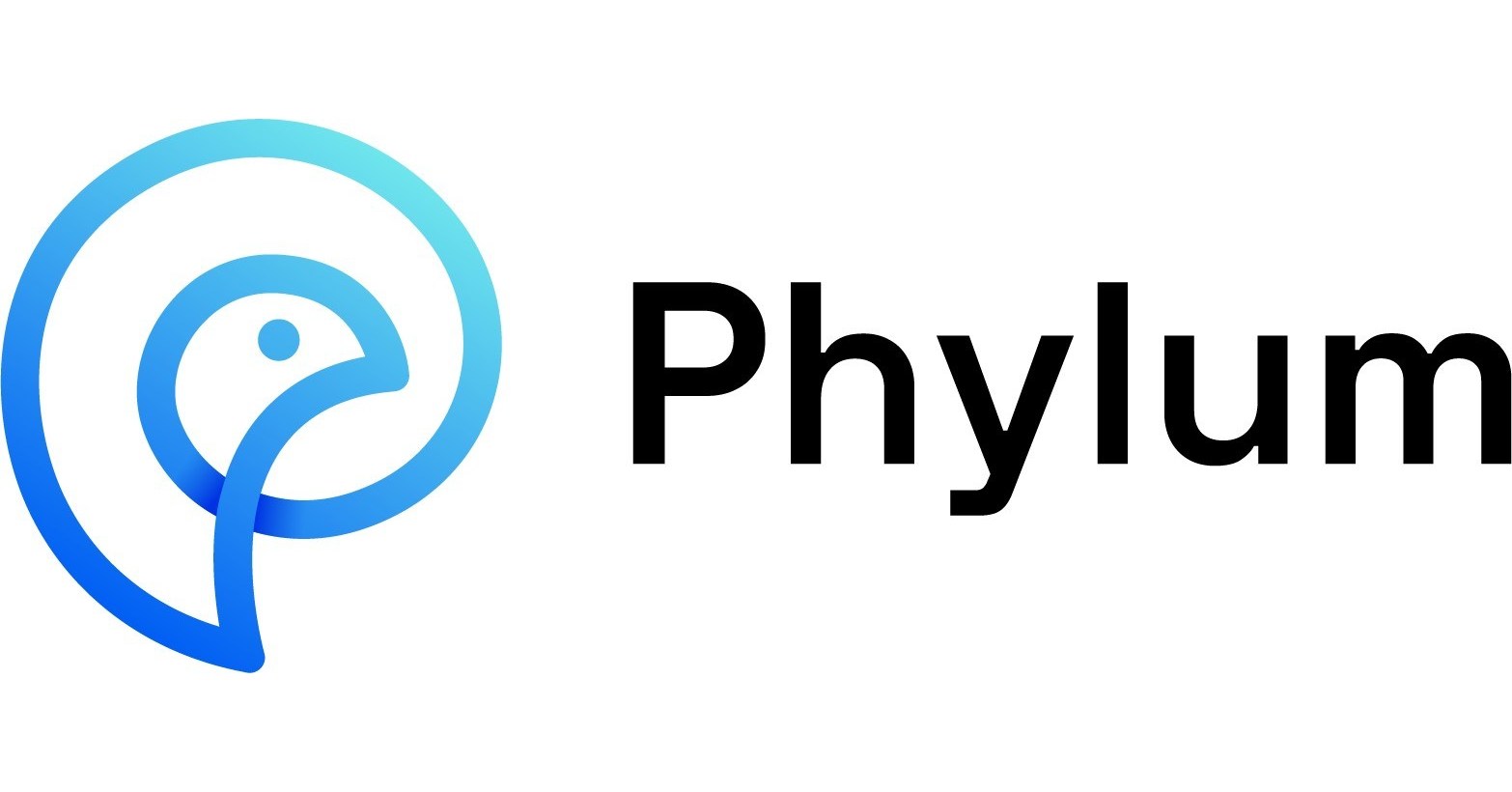
Users can now integrate directly with artifact repositories and package managers
Phylum, The Software Supply Chain Security Company, today announced the ability to integrate Phylum directly with artifact repositories and package managers to vet open-source software packages before they enter an organization or developer workstation. Phylum can now be deployed at multiple phases, early in the development lifecycle to block malicious packages and implement acceptable use policies based on an organization’s specific threat model.
Also Read: Cloud and AI: Data management and data protection are primary pain points for CIOs and CISOs
“Think of Phylum like a firewall for open-source software packages, providing a layer of defense between the open-source ecosystem and the software your customers trust you to keep secure,” said Aaron Bray co-founder and CEO of Phylum.
“Because Phylum’s analysis engine looks at third-party code as soon as it’s published into the open-source ecosystem, we are uniquely positioned to inform organizations of the most threats, at pace and at scale,” said Louis Lang, co-founder and CTO at Phylum. “For example, public lists like OSV, which does its best to crowdsource the identification of malicious open-source packages has reported a little over 25,000 malicious packages while Phylum has found more than 200,000.”
Users can easily set and enforce acceptable use policies at the perimeter of the open-source ecosystem by leveraging the Phylum Policy Library to choose criteria based on specific indicators, attack types or regulatory guidelines, or create custom policy using Open Policy Agent (OPA). The Phylum Policy Library allows users to toggle on the blocking of critical vulnerabilities, attacks like typosquats, obfuscated code and dependency confusion, copyleft licenses, and more. Additionally, the flexibility of OPA enables customers to develop incredibly flexible and granular policies that fit their unique needs, based on any attribute related to the open-source software.
Also Read: Implementing a Digital Adoption Platform in Your Organization? This can help!
“One customer, for example, wanted to ensure all packages they consumed were at least two weeks old. This use case was quickly satisfied by a custom policy, which took minutes to write and was deployed within three clicks to provide enterprise-wide enforcement. This option is now available in the Phylum Policy Library for any customer to use,” said Bray.
Given that for most organizations developer experience is of paramount importance, Phylum operates as seamlessly as possible. In the event a specific version of a package is non-compliant (e.g., contains a critical security vulnerability), Phylum can gracefully fallback to a compliant version of the requested package. The development process remains uninterrupted, secure software is used and a breakage is only caused if no viable alternatives exist.
In addition, to avoid confusion, Phylum is able to integrate with enterprise communication tools like Slack or Teams to notify developers of issues that cannot be automatically remedied. It also provides a workflow in-line with the notification to request an exception to a policy, when needed. The net result of this set of capabilities is protection from threats and license issues, and less vulnerabilities in delivered software overall. This results in less friction between security and engineering organizations, less time spent correcting problems for software developers, and less time spent triaging findings for security teams.
Phylum also provides continuous monitoring, so users are notified when new issues arise or a package exhibits risky behavior after use. Users can look up historical packages at any time, even after they have been removed from the open-source ecosystem, for incident response, governance or policy adherence purposes. Phylum can also be deployed in the CI/CD pipeline.
[To share your insights with us as part of editorial or sponsored content, please write to psen@itechseries.com]


